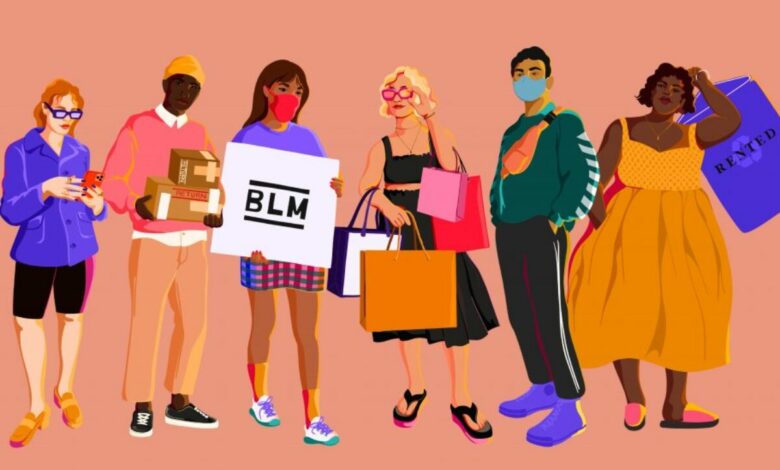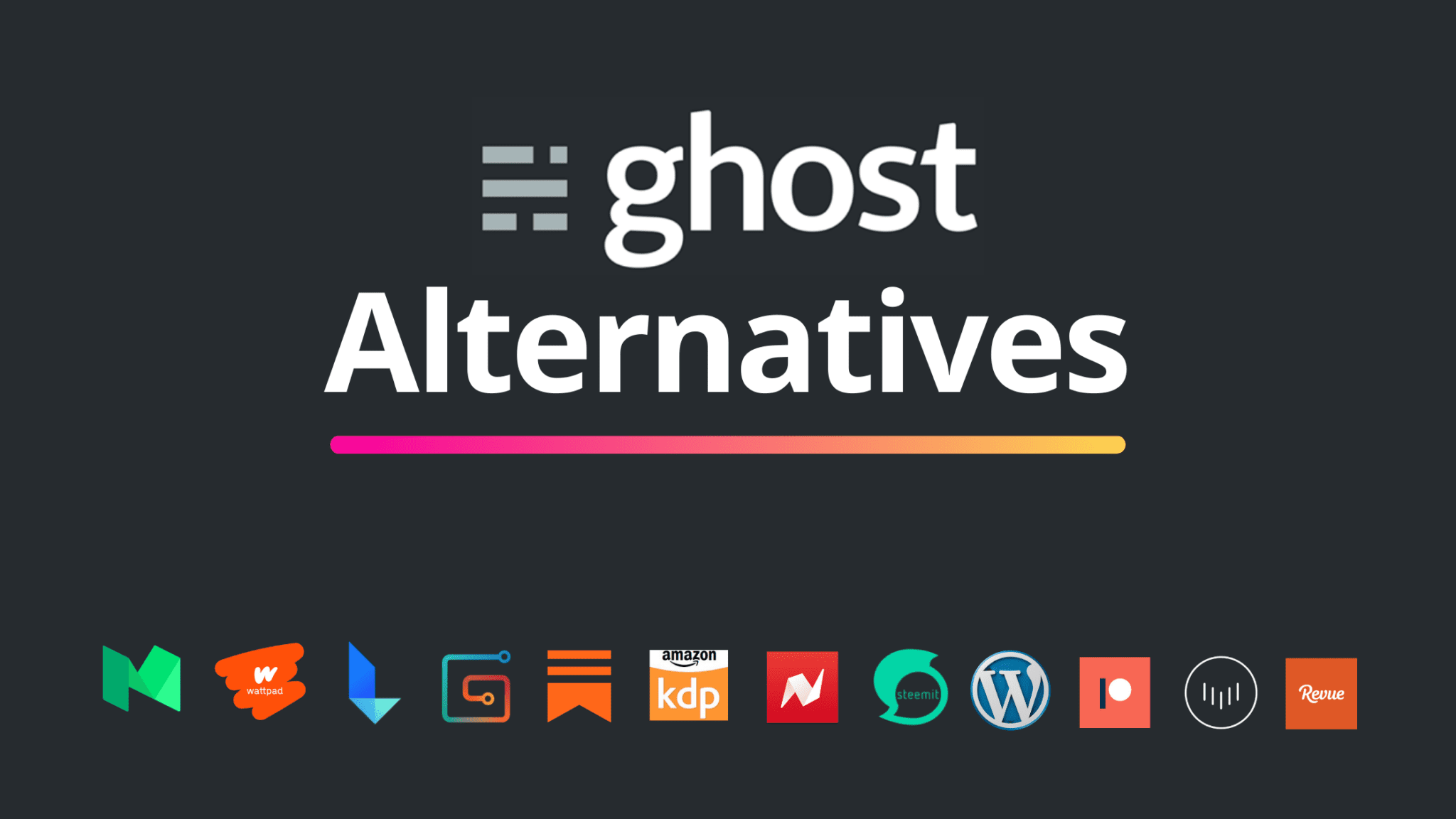Exploring How & Why Millennials Shop

Millennials, the generation born between 1981 and 1996, have become the driving force behind many of today’s most influential shopping trends. As their purchasing power continues to grow, understanding their preferences and habits is crucial for businesses aiming to succeed in the current retail landscape.
The Data Behind Millennial Shopping
Millennials are major online shoppers. Here’s a look at some of the data and statistics behind their biggest shopping trends:
- The average spending power of a Millennial is $60,511 after accounting for taxes and housing expenses.
- Annual retail spending for Millennials, including grocery shopping, is $27,499, which is 6.03 percent higher than the average consumer’s spending.
- Retail spending for Millennials is higher than Baby Boomers by 18.6 percent but lower than Generation X consumers by 17.7 percent.
- While Millennials are less inclined than the average consumer to shop in-store, they are 26.7 percent more likely to shop in-store than online.
- Millennial’s retail spending accounts for 39.8% of their total consumer spending and a hair more than 32 percent of their after-tax income.
When it comes to online shopping, in particular, millennials are the generation that is most likely to use subscription services. Here are some other trends:
- Millennials are 2.41 percent more likely to shop online than the average American consumer.
- Nearly half of millennials (44 percent) shop online on a daily or weekly basis.
- 44 percent of millennials have used mobile payments in the past 30 days.
As the data shows, millennials are unique in how and where they shop. From a business perspective, understanding these trends will help you have more success in reaching millennial shoppers.
The Rise of Online Shopping
The rise of online shopping is perhaps the most significant millennial shopping trend. As digital natives, millennials are highly comfortable with technology and value convenience above all else. With the rise of e-commerce giants such as Amazon, online shopping has become the norm for many millennials.
Businesses that want to cater to millennial shoppers must prioritize their online presence. This means creating an easy-to-use website with a mobile-friendly interface, offering free and fast shipping, and ensuring a seamless checkout process. It’s also crucial to invest in social media marketing and search engine optimization (SEO) to reach potential customers.
The Influence of Social Media
Social media has become an essential part of the millennial shopping experience. Platforms such as Instagram, TikTok, and Pinterest are increasingly influencing millennials’ purchasing decisions.
Businesses that want to appeal to millennials must prioritize their social media strategy. This means creating visually stunning content that’s shareable on social media platforms, partnering with influencers who have large followings, and using social media to build relationships with customers. It’s also essential to pay attention to emerging social media platforms and trends to stay ahead of the curve.
Desire for Ethical and Sustainable Consumption
Millennials are increasingly conscious of their impact on the environment and are looking for ways to make more ethical and sustainable choices. According to a report by Nielsen, 73% of millennials are willing to pay more for sustainable products. This trend is not just limited to environmentally-friendly products but extends to ethical labor practices, fair trade, and animal welfare.
Businesses that want to appeal to millennial shoppers must prioritize their ethical and sustainable practices. This means adopting eco-friendly packaging, sourcing materials from sustainable sources, and partnering with suppliers who prioritize ethical labor practices. It’s also essential to communicate these practices to customers, as millennials are more likely to purchase from businesses that are transparent about their sustainability efforts.
The Need for Experience-Driven Shopping
Millennials value experiences over material possessions, and this has transformed the retail industry. Today’s millennials are looking for immersive shopping experiences that go beyond just making a purchase. According to a report by Eventbrite, 78% of millennials would choose to spend money on an experience over buying something desirable.
Businesses that want to appeal to millennial shoppers must prioritize their in-store experience. This means creating an inviting and visually stunning environment, offering personalized recommendations, and hosting events or workshops that align with the brand’s values. It’s also important to provide customers with opportunities to share their experiences on social media and to create a sense of community around the brand.
Make Millennials Your Focus
If you’re going to target any demographic, perhaps it should be Millennials? They’re tech savvy, online active, and pre-conditioned to favor ecommerce when spending their money. Don’t underestimate how valuable that can be.



